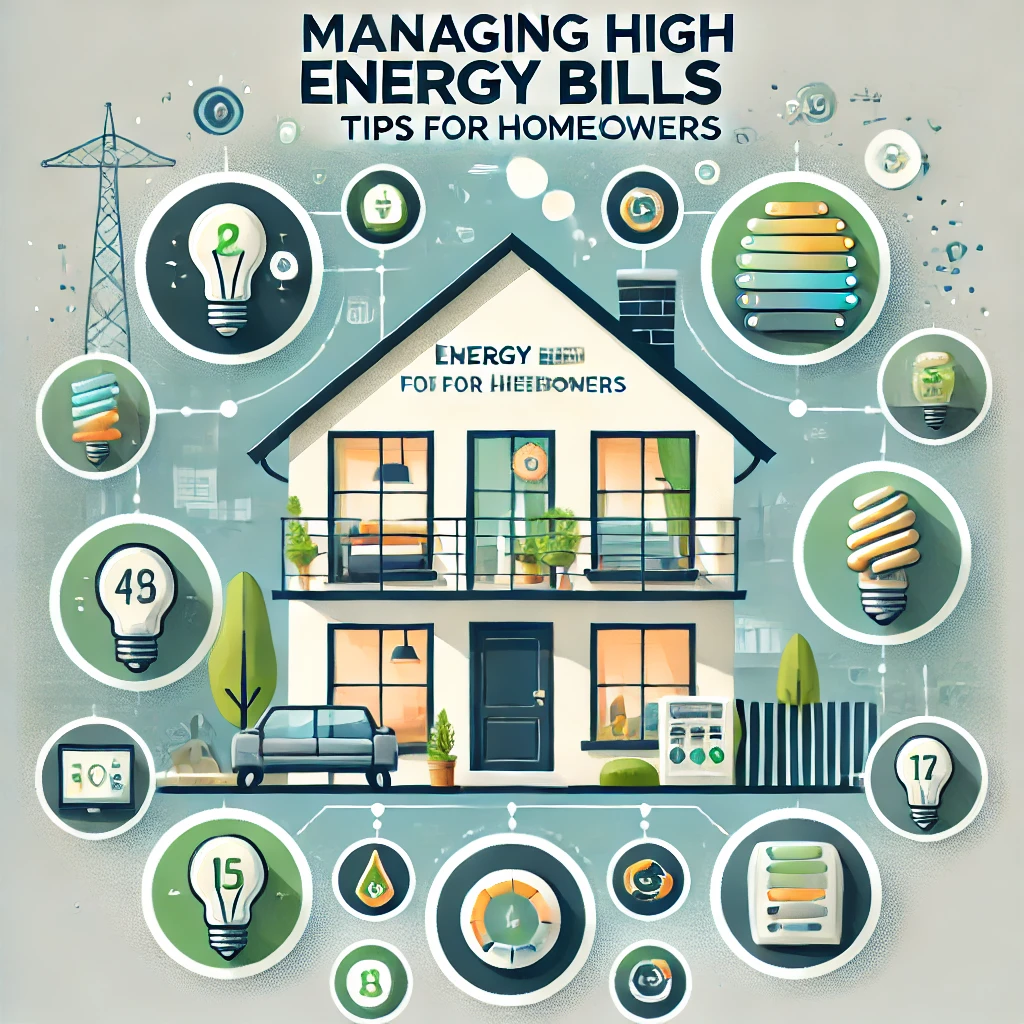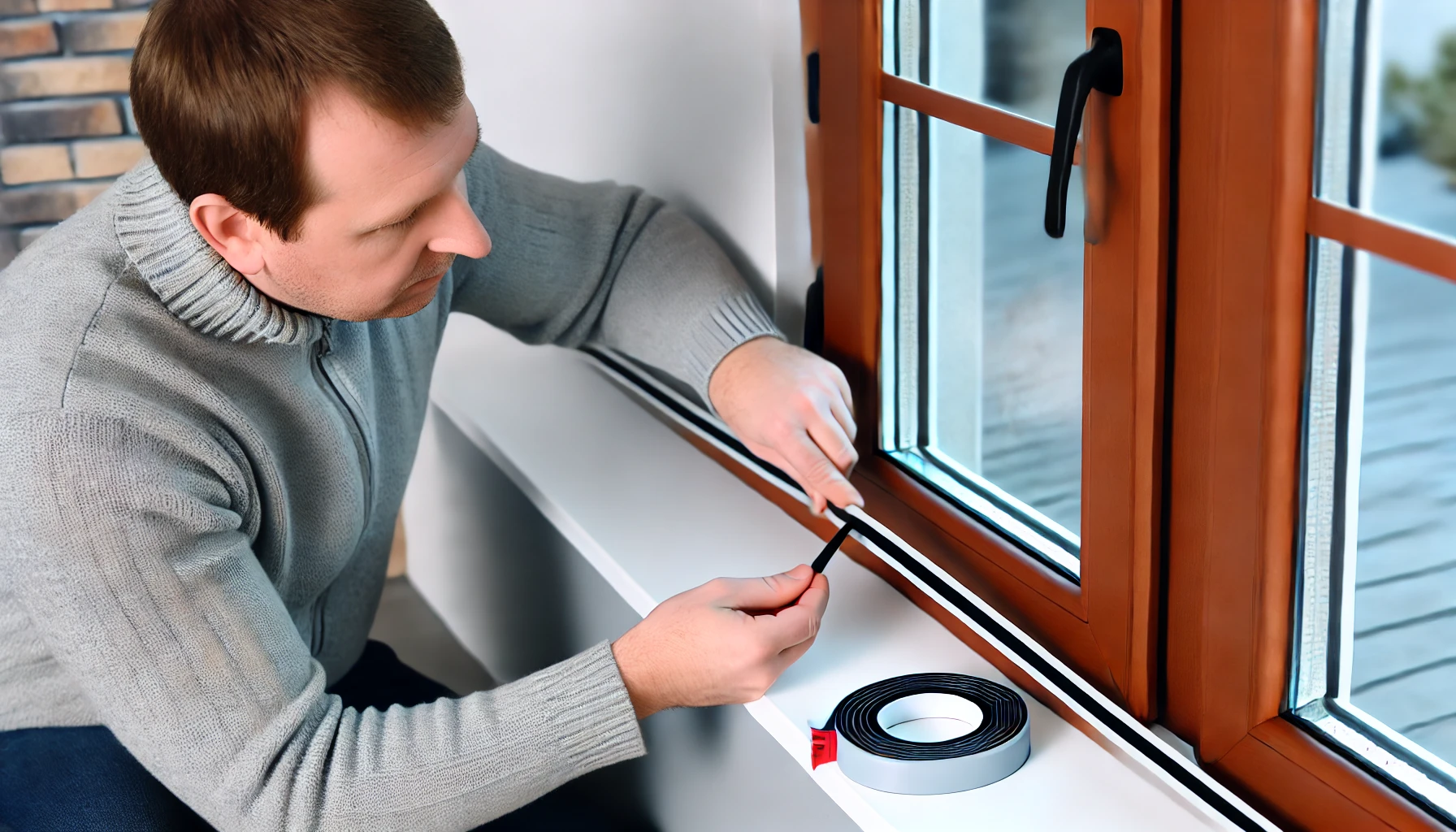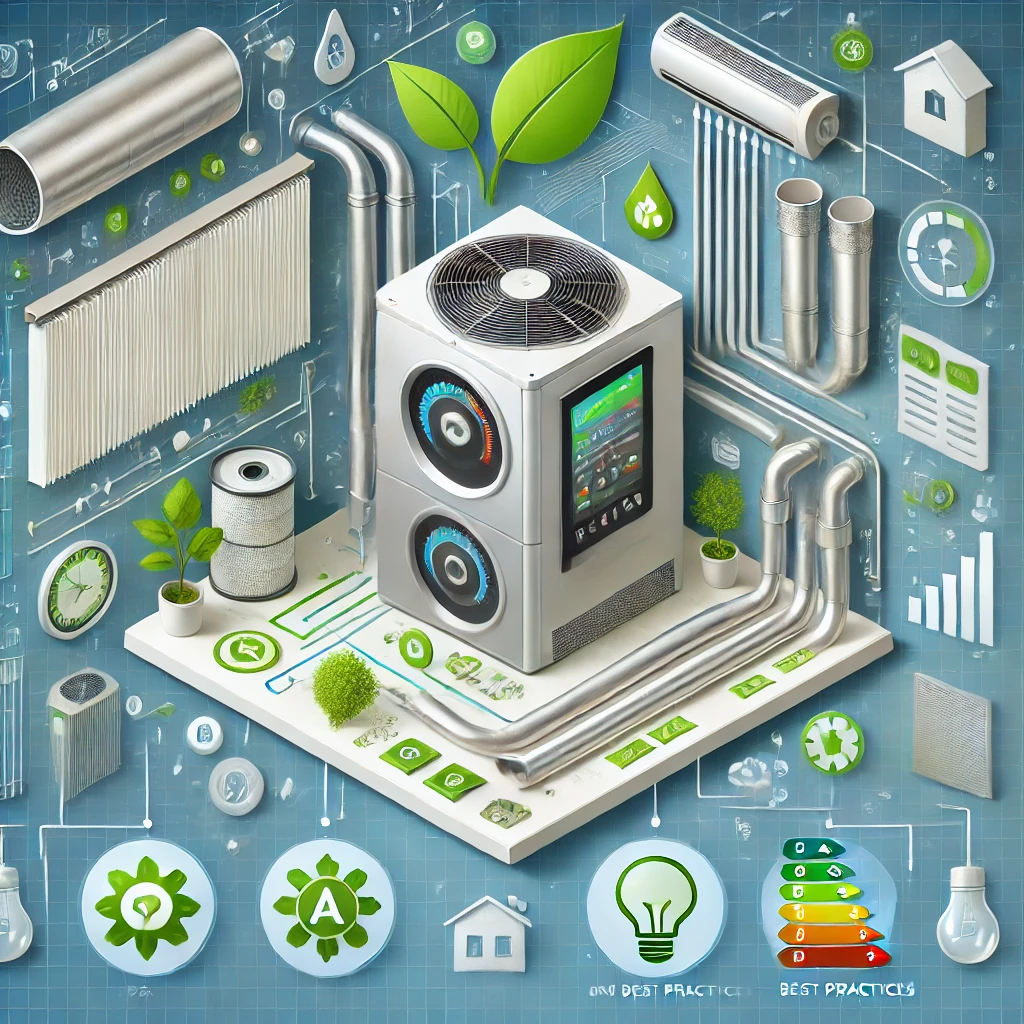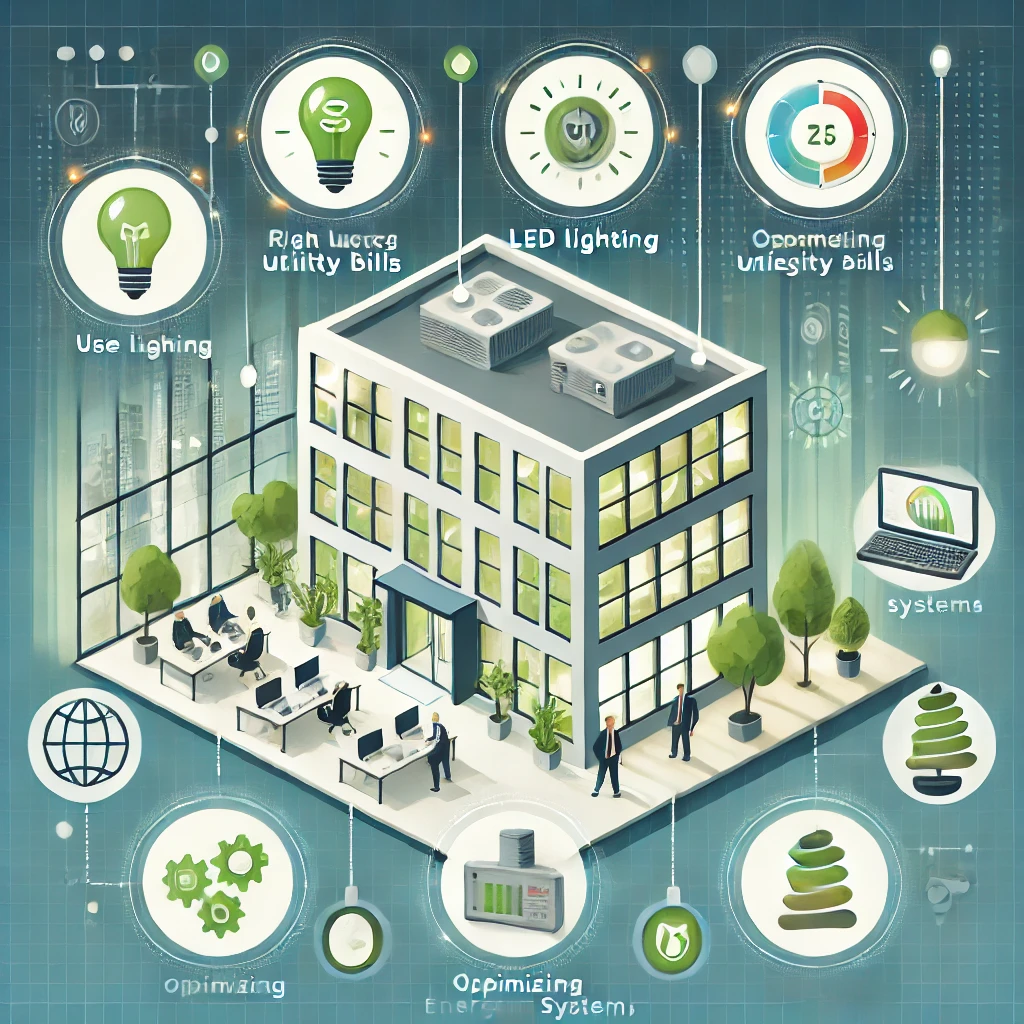Managing High Energy Bills: Tips for Homeowners

High energy bills can be a significant burden for homeowners, especially during extreme weather conditions. Fortunately, there are various strategies you can implement to reduce your energy consumption and lower your utility costs. This blog post offers practical tips for managing high energy bills and creating a more energy-efficient home.
Tips for Reducing Energy Bills
1. Conduct an Energy Audit
Importance
An energy audit helps identify areas where your home is losing energy and provides solutions to improve efficiency.
Steps
- Hire a Professional: Consider hiring a professional to conduct a comprehensive energy audit.
- DIY Audit: Use online tools and resources to perform a basic energy audit yourself.
2. Upgrade Insulation
Importance
Proper insulation reduces the need for heating and cooling, leading to lower energy bills.
Steps
- Inspect Insulation: Check the insulation in your attic, walls, and floors.
- Add Insulation: Add or replace insulation in areas that are under-insulated.
3. Seal Air Leaks
Importance
Sealing air leaks prevents drafts and keeps your home at a consistent temperature, reducing energy usage.
Steps
- Identify Leaks: Look for leaks around windows, doors, and other openings.
- Use Caulk and Weatherstripping: Seal leaks with caulk or weatherstripping.
4. Install Energy-Efficient Windows
Importance
Energy-efficient windows reduce heat loss and gain, improving your home's overall energy efficiency.
Steps
- Upgrade Windows: Replace old windows with energy-efficient models.
- Use Window Treatments: Use curtains or blinds to further reduce energy loss.

5. Optimize Heating and Cooling Systems
Importance
Efficient heating and cooling systems use less energy and reduce utility bills.
Steps
- Regular Maintenance: Schedule regular maintenance for your HVAC system.
- Upgrade Systems: Consider upgrading to energy-efficient heating and cooling systems.
6. Use Energy-Efficient Appliances
Importance
Energy-efficient appliances use less electricity and can significantly reduce your energy bills.
Steps
- Upgrade Appliances: Replace old appliances with energy-efficient models.
- Use Appliances Wisely: Operate appliances like dishwashers and washing machines during off-peak hours.
7. Implement Smart Home Technology
Importance
Smart home devices can help you monitor and control your energy usage more effectively.
Steps
- Smart Thermostats: Install a smart thermostat to optimize heating and cooling schedules.
- Smart Lighting: Use smart bulbs and switches to reduce energy consumption.
Conclusion
Managing high energy bills involves a combination of improving your home's energy efficiency and adopting smart energy practices. By conducting an energy audit, upgrading insulation, sealing air leaks, and using energy-efficient appliances and smart home technology, you can significantly reduce your energy consumption and lower your utility costs. Implement these tips to create a more energy-efficient and cost-effective home.
Category:



